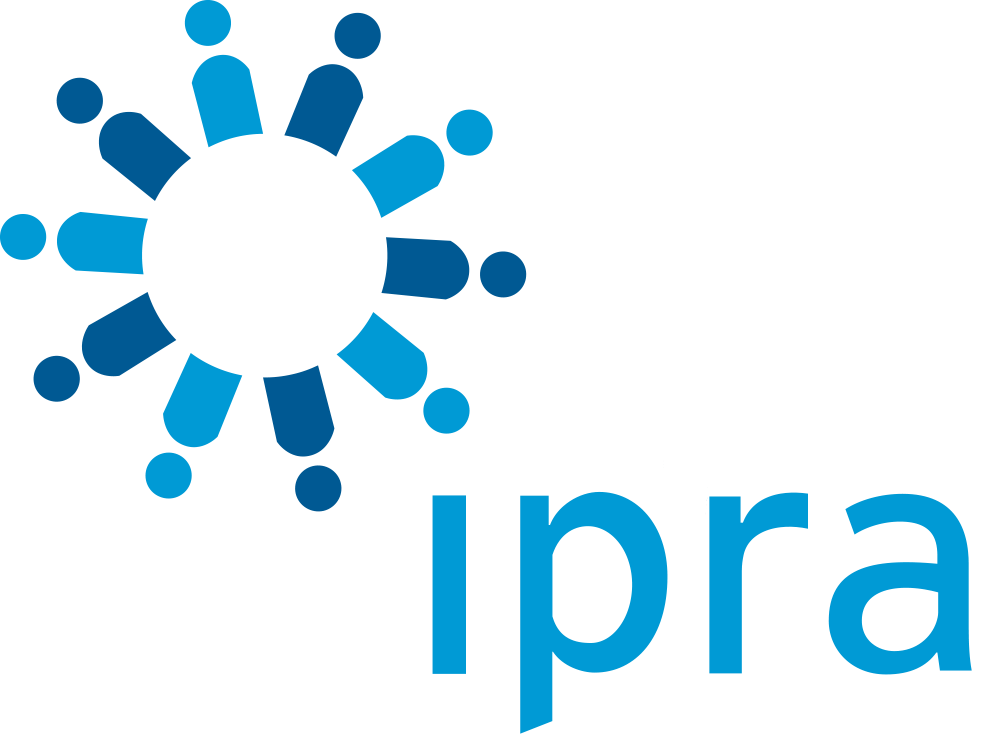Simplifying the Science of Sustainability
16 years, 3 months ago
Dorle Riechert explains how the Wuppertal Institute communicates its complicated research findings to different target audiences in an effective way.
The Wuppertal Institute for Climate, Energy and Environment explores and develops models, strategies and instruments to support sustainable development at local, national and international level. Sustainability research at the Wuppertal Institute focuses on ecology and its relation to economy and society.
Special emphasis is put on analysing and supporting technological and social innovations that decouple prosperity and economic growth from the use of natural resources. This is what its mission says.
Sustainable development requires an integrated approach to policy and science because many of the issues it raises cannot be addressed within a single department or using the tools of individual scientific disciplines. This is where the Wuppertal Institute’s research programme begins – by taking an interdisciplinary approach and working towards systems understanding.
Communicating sustainability
Following its mission statement, the Wuppertal Institute has always sought to communicate research results to its different target groups, addressing them in their own ‘language’. It communicates the research actively:
• to the scientific world, by means of numerous scientific publications, by organising and participating in lectures, symposia, workshops and conferences and by engaging in networks with research partners in Germany and abroad;
• to decision makers in the realms of policy, business and society, through scientific research and consulting projects, projects that launch innovations (model projects, pilot projects), dialogues with partners from business and industry, and also through publications oriented towards the users’ needs;
• to the general public, by means of popular-science books, public events as well as articles and reports in the press, on radio and television;
• to the youth, through projects carried out with schools and other educational institutions, through supporting young scientists in collaboration with universities, and through teaching and educational materials.
To reach this goal the Wuppertal Institute relies on its ability to translate highly complex scientific concepts into straightforward formulas and images which will speak to a general public. The Wuppertal Institute is proud of its path breaking science communication supported by a small Public Relations team and our Visualisation Lab.
Workshops for journalists
One example of our innovative science communication is a content-oriented workshop especially for journalists.
The best way to spread our research findings is to reach multipliers such as journalists. We developed a special format beyond press releases, press conferences and background talks which we offer once in a while. The occasion might be an upcoming event as was the case with the World Summit on Sustainable Development in Johannesburg in 2002 or the Energy Summit of Chancellor Angela Merkel three years ago.
The last workshop was held at the end of May, a few days before the international climate negotiations started in Bonn. Three scientists explained different approaches: (1) the current state of negotiations with its historical background and the state of scientific findings concerning climate change, (2) the proposal of the Wuppertal Institute for an integrated and long-term climate policy, the architecture of a climate regime post 2012, subject of the Copenhagen climate summit in December, (3) the technical and structural paths which might lead us to a low carbon society.
Sound background
The aim of these journalist workshops is not to spread news. It is rather to provide journalists with sound background information, to widen up their view with different aspects of the subject. At the same time we show what a sustainability approach means in relation to ecological, economic and societal impacts. This enables them to draw a differentiated picture of the upcoming event and to share it with their readers.
Not only events but also scientific findings can be the occasion of such a workshop. For example, we discussed the outcome of a project called "Digital Europe". For the first time the Wuppertal Institute together with international scientific partners and in cooperation with firms in the ICT business explored the sustainability impact of ICT technologies.
The aim of the workshop was in the first place to impart the questions of the project like ‘Do smaller products use less stuff?’, ‘Do virtual products have physical impacts?’, ‘If we’re connected, are we included?’, ‘Who is responsible – business or consumers?’, and to present some astonishing findings.
Room for discussion
A workshop is not a one-way event. It needs a lot of room for discussion. The questions and comments of the journalists are a good indicator of the public understanding and debate. The scientists get to know how close their research is to society’s needs and if they are able to communicate it properly. Moreover, they receive valuable stimulation for their future research.
Research processes and scientific findings are not always easy to understand. Journalists ask for definite results while researchers handle uncertainties, scenarios and forecasts. The advantage of this workshop concept is that both, scientists and journalists work together to find an appropriate translation to the public. The benefit of the Wuppertal Institute is to be a reliable source and open-minded scientific institution to the journalists.

The Author
Dorle Riechert
Dorle Riechert, Head of Public Relations, Wuppertal Institute for Climate, Environment and Energy, Germany.
mail the authorvisit the author's website
Forward, Post, Comment | #IpraITL
We are keen for our IPRA Thought Leadership essays to stimulate debate. With that objective in mind, we encourage readers to participate in and facilitate discussion. Please forward essay links to your industry contacts, post them to blogs, websites and social networking sites and above all give us your feedback via forums such as IPRA’s LinkedIn group. A new ITL essay is published on the IPRA website every week. Prospective ITL essay contributors should send a short synopsis to IPRA head of editorial content Rob Gray emailShare on Twitter Share on Facebook

